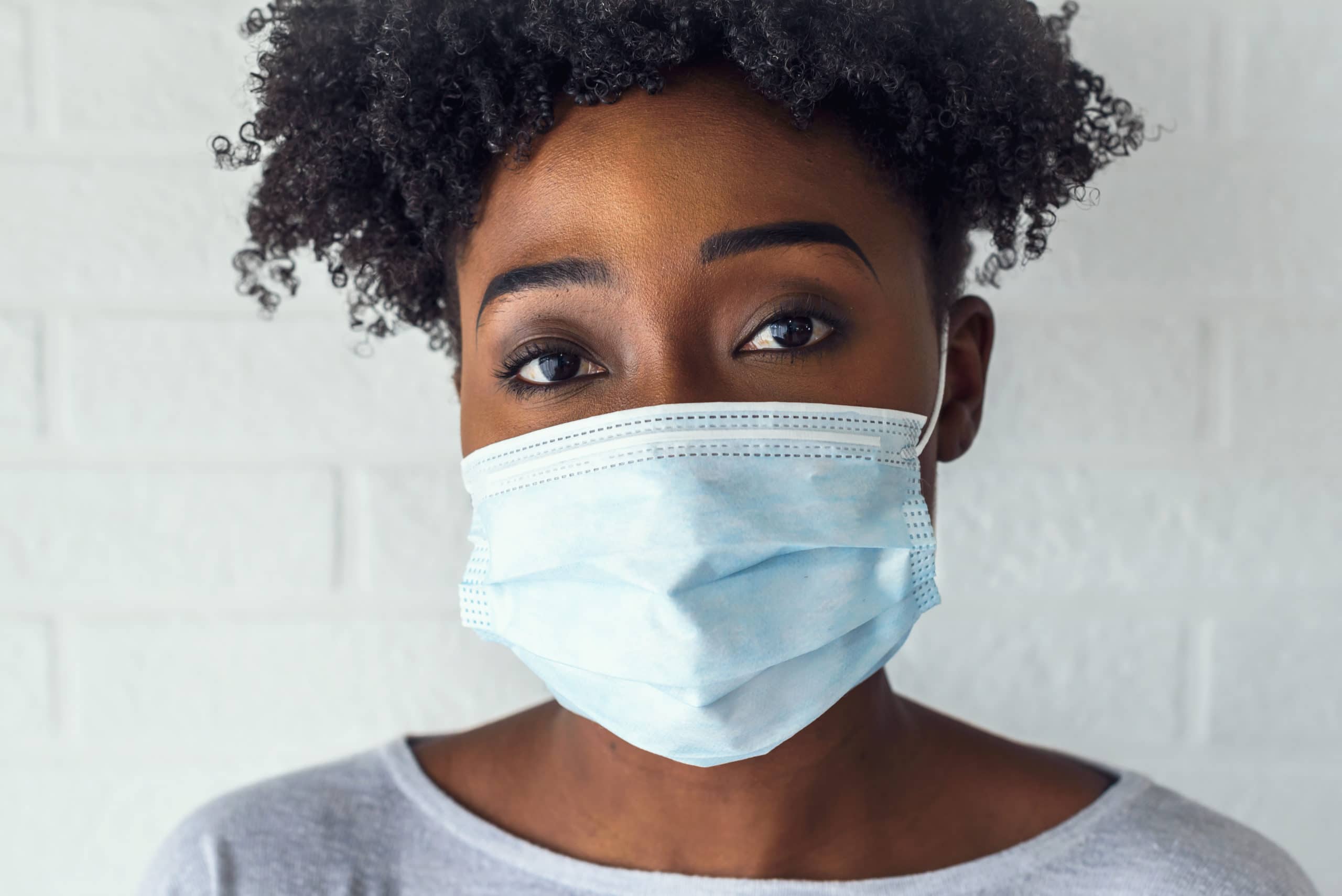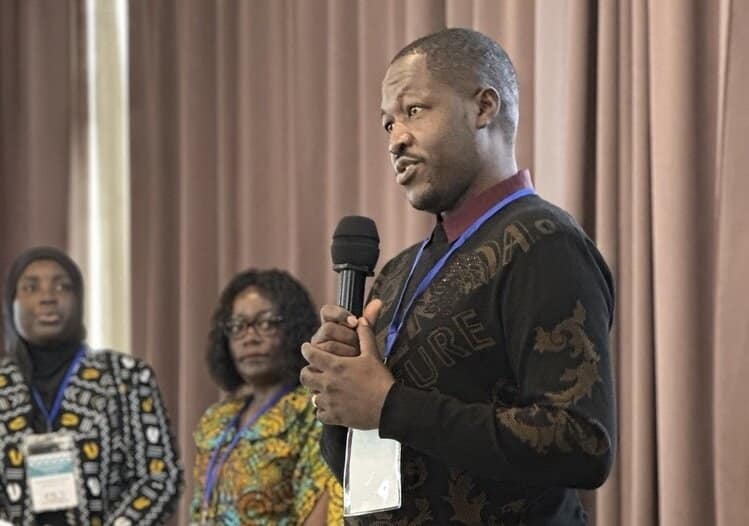Women, people over the age of 30, those with more education and those living in cities are more likely to employ behaviors known to protect them from COVID-19 such as handwashing, mask wearing and keeping their distance from others.
Meanwhile, in many countries, younger people are less likely to report fearing a serious outcome if infected with COVID-19.
These findings come from the latest update of the KAP COVID dashboard, which presents data from a global survey of knowledge, attitudes and practices around COVID-19. The data were collected from more than 300,000 people in 67 countries who chose to participate in a survey promoted on Facebook. Researchers from MIT collected the data and the Johns Hopkins Center for Communication Programs analyzed and presented the data on an easy-to-use COVID dashboard. Now, users can access unique pages for each of the countries surveyed and disaggregate findings by sex, age, education level and residence.
This work is a collaboration among CCP, Facebook Data for Good and MIT, and the World Health Organization and Global Outbreak Alert and Response Network served as advisors.
“In breaking down this large set of data by age, sex, education level and the urban/rural divide, public health programmers from around the world can better understand how to protect people from the continuing COVID-19 pandemic,” says Susan Krenn, CCP’s executive director. “They can pinpoint what is already working in their countries and can determine how to target messages to those who haven’t yet adopted these important behaviors.”
COVID-19 has sickened more than 32 million people around the world this year and killed nearly one million, including more than 200,000 in the United States, which has the world’s largest outbreak. Without a vaccine or reliable treatment, adopting behaviors such as handwashing, mask wearing and distancing are keys to reducing spread of the virus.
The COVID dashboard allows researchers, public health programmers and policymakers to compare COVID-related knowledge, attitudes and behaviors across countries where the survey was conducted.
For example, while urban residents in the United States are more concerned about COVID than their rural counterparts, while in Nigeria and India those living in rural areas are more concerned than those living in cities.
Another set of questions in the survey asked people where they got their COVID-19 information – and whether they trusted those sources. In the United States, 67 percent say they trust doctors, scientists and health experts, while just 2 percent say they trust politicians. That pattern is the same in Brazil and Nigeria, for example, though 13 percent in Nigeria trust politicians. Globally, the majority of people say they are most likely to get COVID-19 information from online sources and from television, yet television is widely trusted as a source while online sources are not.
In the United States, 93 percent of women say they wear masks while only 81 percent of men do. In Tanzania, 76 percent of women report wearing masks, while only 58 percent of men do.
While many people say they wear masks, there is a substantial minority who say they don’t necessarily think those masks will prevent COVID-19. For example, in the United States, about 30 percent of those who said they wear masks also said they don’t believe masks offer real protection.
Age is related to some attitudes, knowledge and practices. Americans over 30 are significantly more likely than younger Americans to say they stayed at a distance from others (82 percent vs. 74 percent), whereas 47 percent of those over 30 agreed that they have control over whether they will get COVID-19 compared to 42 percent of those under 30.





